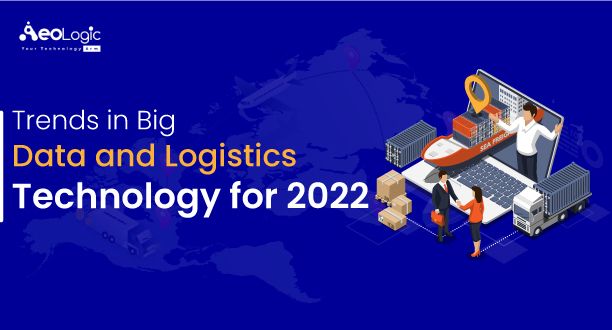The supply chain is definitely getting unbundled as there is a transition toward asset-like non-asset-based models. There’s a prediction that the future logistics provider may not necessarily own a delivery van and a few examples to this is of the companies like Uber for cargo that is providing information on available capacity in white man providers, truck providers, and delivery vans.
Lets Us Take A Moment To Look Back
The past years were the years of strong artificial intelligence, blockchain, end-to-end IoT, robotics automation, smart contracts, agile supply chain, layered technologies, and many more but the black swan event of covid-19 happened.
Covid-19 exposed all weaknesses in the supply chain that forced companies to do more with less. For many companies revenue is down, transportation is up, there are huge bottlenecks on inbound. In simple words, this pandemic shook the supply chain industry from all ends.
The Trends In The Supply Chain And Logistics Industry
1) The coming years will be data years; how can one positively affect the customer’s experience if they don’t know what the experience is? For this, data is required. This will go to drive all the decisions in the supply chain and logistics industry.
2) Are your shipping policies in line with your customer’s expectations? Is free shipping a fifty-dollar threshold on your website? Are you using the right carriers? Are your carriers performing? Are your suppliers performing? It is tough to know the answers to many of these questions if you don’t have access to your data.
3) For most companies you don’t have access. All you have is a fragmented strategy with different systems for parcels, different systems for domestic freight, different systems for ocean international. It is really a big mess that must be fixed by collaborating and adopting a single platform that allows you to organize your data in a meaningful way.
4) Having a single platform is the most significant opportunity that your supply chain has right now. One should look for a way to standardize data not only across different systems that operate different modes of transportation, but also across divisions, business units, supplier interactions, and customer interactions.
5) The benefit of adopting a single platform is that you’re going to be able to cross-mode shop and optimize all your shipments in your supply chain. You will have greater supplier and carrier broker accountability, real-time information for purchasing on which suppliers are performing and which ones are not.
6) Customer service can nearly be automated by notifying the customers that shipments are late before they get noticed by the carrier.
Conclusion
To sum up, we’ll state that big data will definitely be the enabler here, a lot of logistics companies are referring to big data as being the new oil and they’re absolutely right it’s going to feed a lot of services and a lot of products within the logistics industry. This will ensure that the product is available in a warehouse close to the client’s home so the moment customers click on the product ordered they get it within minutes.
Are you looking to implement technologies into your freight logistics business? If yes so please feel free to contact us at support@aeologic.com

Manoj Kumar is a seasoned Digital Marketing Manager and passionate Tech Blogger with deep expertise in SEO, AI trends, and emerging digital technologies. He writes about innovative solutions that drive growth and transformation across industry.
Featured on – YOURSTORY | TECHSLING | ELEARNINGINDUSTRY | DATASCIENCECENTRAL | TIMESOFINDIA | MEDIUM | DATAFLOQ









